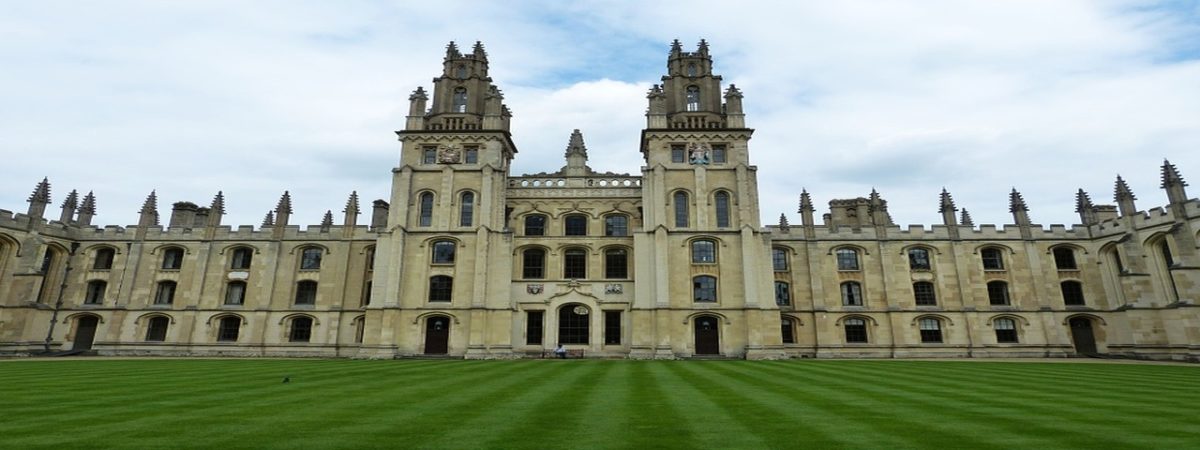Corona crisis – have hopes for the end of capitalism been dashed?
SUGGESTED



In the Global Financial Crisis of 2008, anti-capitalists saw the long-awaited end of capitalism coming, but when this too failed to materialise, they were forced to wait until the corona crisis as a source of new hope. Even in the earliest days of the pandemic, many left-wing intellectuals proclaimed that this crisis marked the final nail in the coffin of capitalism and would finally deliver what they had been hoping for from the 2008 financial crisis, namely a fundamental reorganisation of society and the end of capitalism.
An article from William Davies, a British sociologist, appeared in the left-wing Guardian under the headline: “The last global crisis didn’t change the world. But this one could.” The article continued: “We can already identify a few ways that 2020 and its aftermath will differ from the crisis of the 1970s. First, while its transmission has followed the flightpaths of global capitalism – business travel, tourism, trade – its root cause is external to the economy. The degree of devastation it will spread is due to very basic features of global capitalism that almost no economist questions – high levels of international connectivity and the reliance of most people on the labour market. These are not features of a particular economic policy paradigm, in the way that fixed exchange rates and collective bargaining were fundamental to Keynesianism. They are features of capitalism as such.” He hoped: “But we can be sure that, as an authentically global crisis, it is also a global turning point. There is a great deal of emotional, physical and financial pain in the immediate future. But a crisis of this scale will never be truly resolved until many of the fundamentals of our social and economic life have been remade.”
Ulrike Herrmann, a well-known German anti-capitalist, wrote an article under the headline: “Corona Sunset for Neoliberalism. End of a Theory.” In her article, she proclaimed: “The corona crisis certainly has its advantages” and would, she hoped, “bury the neoliberal ideology” that she alleges has dominated the Western world since 1980. The corona crisis, she argues, shows that there is “no alternative to solidarity … that is, to the state.” Characteristically, for anti-capitalists the terms “solidarity” and “state” are interchangeable. “This lesson,” Herrmann continues, “could have been learned after the 2008 financial crisis, but at that time the neoliberals once again managed to salvage their hackneyed theories … It’s different with corona. It’s obvious to everyone that the ‘market’ can’t ward off the economic impacts of a virus. That’s why everyone is calling for government intervention.”
The French economist Thomas Piketty, speaking at the launch of a new book in which he once again calls for the radical redistribution of wealth, said that the corona crisis has proved that governments can make drastic changes to their economic policies and that this could trigger a change in consciousness. The crisis is demonstrating to governments how much they mobilise to regulate the economy, Piketty said.
Canadian globalisation critic and anti-capitalist Naomi Klein saw the corona crisis as an opportunity for an “evolutionary leap.” She explained: “In fact, it’s possible for crisis to catalyse a kind of evolutionary leap … We either lose a whole lot of ground, get fleeced by elites and pay the price for decades, or we win progressive victories that seemed impossible just a few weeks earlier. This is no time to lose our nerve. The future will be determined by whoever is willing to fight harder for the ideas they have lying around.”
In the case of the corona crisis, it is obvious that this is an exogenous event that has nothing to do with the structure of the capitalist economic system. The economist Joseph Schumpeter distinguished between two types of crises, namely those whose causes lie outside the sphere of economic activity and those whose causes arise within this sphere itself.
There have always been epidemics and pandemics – and although globalisation meant that the Covid-19 pandemic was able to spread rapidly, it was ultimately capitalism that ensured that, so soon after the crisis started, countermeasures would be ready to deal with and overcome it – from protective masks and coronavirus tests to vaccines developed by the despised capitalist pharmaceutical companies. But let us make no mistake: there is no guarantee that capitalism will survive. But, if it does collapse, it will not be because of its supposed inherent economic weaknesses, but because of the despondency, cowardice and opportunism of the bourgeoisie that fails to defend it resolutely against its enemies.
Dr Rainer Zitelmann is author of “The Power of Capitalism”



